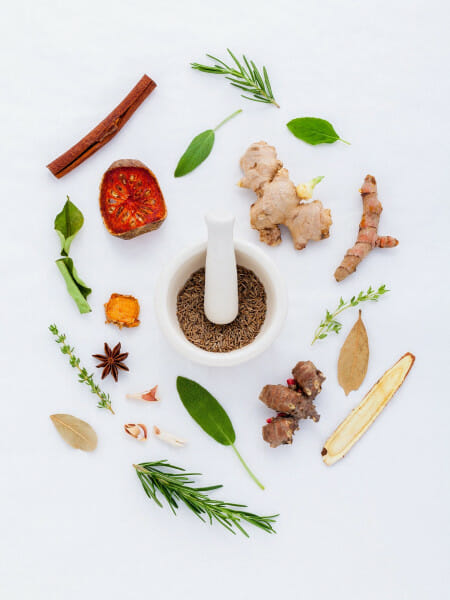Things A Beginner Needs To Know About Chinese Medicine And Herbs
**Things A Beginner Needs To Know About Chinese Medicine And Herbs**
Chinese ancestors from ancient times established principles to understand the human body and its imbalances leading to sickness. Traditional Chinese medicine (TCM) aims to restore balance using methods like cupping, acupuncture, herbs, and exercises.
**What Is Traditional Chinese Medicine?**
Traditional Chinese medicine focuses on Qi, the life force, believed to be disrupted by external factors affecting the yin and yang balance, leading to pain and illnesses. TCM aims to restore the body’s natural harmony.
Research by the National Center for Complementary and Integrative Health explores the effects of TCM on conditions like fibromyalgia, the use of acupuncture for managing post-breast cancer treatment pain, and tai-chi as an alternative cardiac rehabilitation program.
**The Eight Principles Of Traditional Chinese Medicine**
TCM includes pairs of opposing elements: yin and yang, hot and cold, deficiency and surplus, internal and external. These elements determine a person’s overall well-being, with methods aiming to restore balance.
**Yin And Yang Combinations**
Illnesses often result from a combination of elements rather than a single cause. A practitioner can identify imbalances and use traditional methods to restore harmony.
**Hot Or Heat**
Heat-related symptoms include fever, flushed skin, and specific body odors, indicating an imbalance.
**Cold**
Cold symptoms include chills, pale skin, sensitivity to cold, and clear mucus production.
**Excess/Full**
An excess indicates an oversupply in the body, leading to symptoms like restlessness, constipation, and acute diseases.
**Deficiency**
Deficiency implies a lack in the body, resulting in symptoms such as fatigue, pain, and signs of chronic illnesses.
**Internal Or Interior**
Describes the disease’s location and origins, which can be caused by internal imbalances or external factors.
**External Or Exterior**
Refers to diseases affecting the skin, hair, nails, and muscles, like common colds and viral conditions.
**Common Methods Used In Traditional Chinese Medicine**
Treatment in TCM is tailored to individual conditions, addressing external patterns before internal ones. Identifying and balancing heat or cold is crucial in restoring health harmony.Imbalances among the eight elements include the following treatments:
### 1. Chinese Herbs
Chinese herbs, also known as botanicals, possess medicinal properties and are available in various forms such as herbal oils, tea, powdered herbs, capsules, and dietary supplements. Herbal products, including ginger, ginseng, cinnamon, and more, have been studied for treating mental disorders, respiratory illnesses, and cardiovascular conditions.
### 2. Acupuncture
Acupuncture involves inserting needles into specific points on the body to stimulate natural healing processes and alleviate pain. Studies indicate that acupuncture can help manage inflammation and address back, knee, and neck pain.
### 3. Tai Chi
Tai chi, known as meditation in motion, involves specific poses, movements, and breathing techniques to enhance overall well-being. It may benefit the elderly by promoting balance and stability and could be beneficial for individuals with conditions like Parkinson’s disease and fibromyalgia.
### 4. Moxibustion
Moxibustion, closely related to acupuncture, aims to warm the body and regulate blood and Qi flow. It can help with conditions like asthma, colds, diarrhea, and kidney-related ailments by using a Chinese herb called mugwort.
### 5. Massage (Tui Na)
Tui na combines massage and acupuncture to address chronic pain and musculoskeletal disorders. Therapists use various techniques like pressing, kneading, and lifting to improve blood circulation, reduce pain, and potentially alleviate depression.
### 6. Cupping
Cupping involves creating suction on the skin using jar-like pieces, leaving circular marks. This practice aims to promote blood circulation, relieve pain, and remove toxins from the body tissues.
Traditional Chinese medicine (TCM) is popular globally for its perceived health benefits. While TCM methods are considered therapeutic, they are not meant to replace conventional medical treatments recommended by healthcare professionals.
*Collaborative post*

















